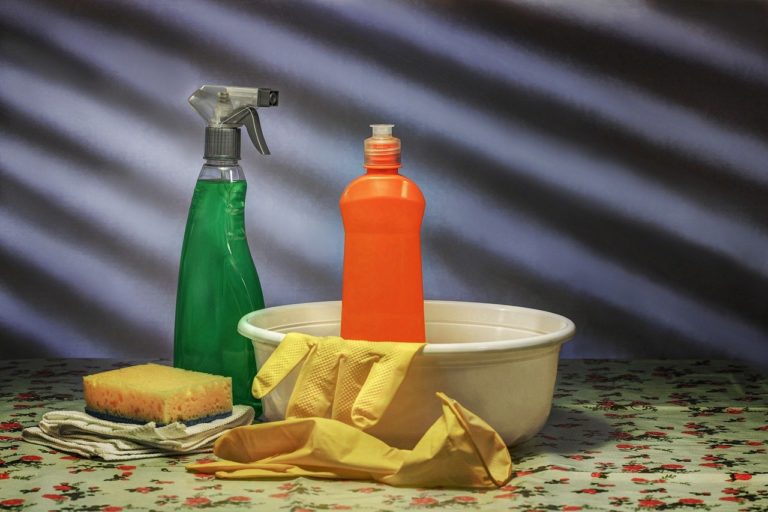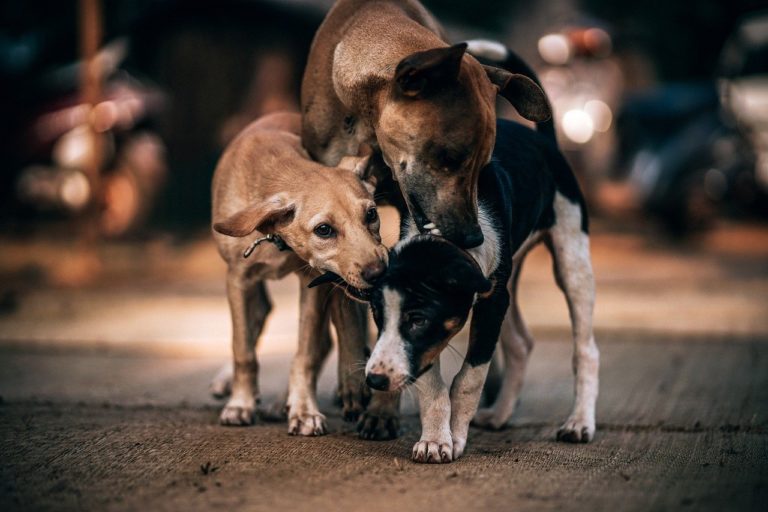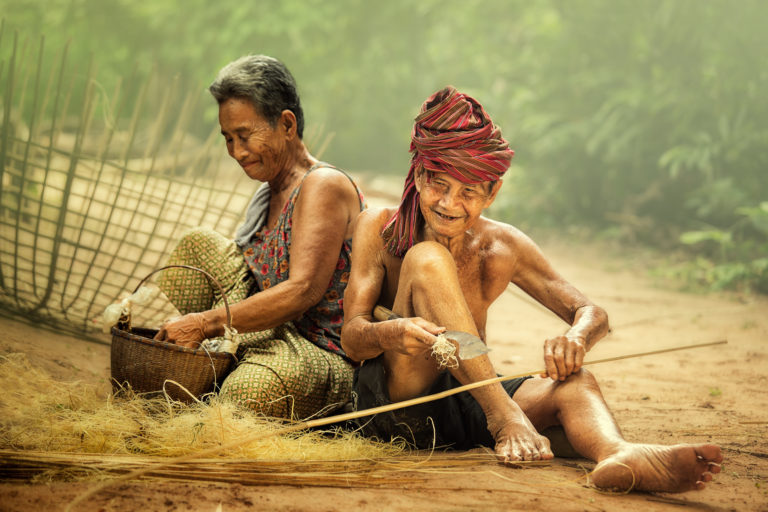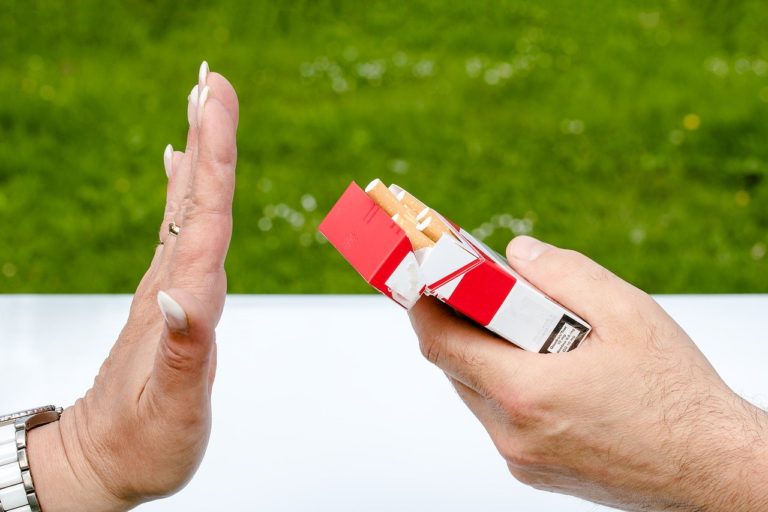
Covid Myths: Fact or Fiction?
During a press conference on April 23, United States president Donald Trump mentioned the idea of using UV light to help prevent and treat COVID-19 infection.
Information to help you and your family live long, happy and healthy lives
Also called: 2019-nCov, 2019 Novel Coronavirus
Coronaviruses (Latin. Corona = “wreath, crown”, from characteristic club-shaped spikes that project from their surface) are a large family of viruses which may cause illness in animals or humans. In humans, several coronaviruses are known to cause respiratory infections ranging from the common cold to more severe diseases such as Middle East Respiratory Syndrome (MERS) and Severe Acute Respiratory Syndrome (SARS).
The most recently discovered coronavirus causes the coronavirus disease, COVID-19, an illness that can affect your lungs and airways. The COVID-19 virus spreads primarily through droplets of saliva (spit) or discharge from the nose when an infected person speaks, coughs or sneezes.
Most people infected with the COVID-19 virus will experience mild to moderate respiratory illness and recover without requiring special treatment. The most common symptoms of COVID-19 are fever, dry cough, and tiredness. Some patients may have aches and pains, nasal congestion, sore throat or diarrhea. These symptoms are usually mild and begin gradually. Some people become infected but only have very mild symptoms.
However, anyone can catch COVID-19 and become seriously ill. Even people with very mild symptoms of COVID-19 can transmit the virus. People of all ages who experience fever, cough and difficulty breathing should seek immediate medical attention.
As with other respiratory infections like the flu or the common cold, public health measures are critical to slow the spread of illnesses. Public health measures are everyday preventive actions that include:
To date, there is no vaccine and no specific antiviral medicines against COVID-19. Mild symptoms can usually be treated at home. If your symptoms are severe, medical care may be needed until you recover. However, people with serious illness may need to be hospitalized so that they can receive life-saving treatment for complications. Most patients recover thanks to such care.
Possible vaccines and some specific drug treatments are currently being explored. They are being tested through clinical trials in many countries, and global organizations, such as the WHO, are coordinating efforts to develop vaccines and medicines to prevent and treat COVID-19.

During a press conference on April 23, United States president Donald Trump mentioned the idea of using UV light to help prevent and treat COVID-19 infection.

A majority of Cambodians have been practicing hand hygiene during the pandemic to prevent the spread of the virus. Some people said they will continue practicing hand washing although the country has no new infected cases.

Due to the spread of Covid-19, mental health specialists have said that Cambodians’ understanding on the issue has been increasing; however, it should be more underlined.

The “incubation period” means the time between catching the virus and beginning to have symptoms of the disease. Most estimates of the incubation period for
The virus can affect anyone regardless of nationality, race and color. It is important to be tolerant and not discriminate. It is encouraged that everyone

We know that for similar coronaviruses, infected people are unlikely to be re-infected shortly after they recover. However, because the immune response to COVID-19 is

It is not certain how long the virus that causes COVID-19 survives on surfaces, but it seems to behave like other coronaviruses. Studies suggest that

Although we know certain bacteria and fungi can be carried on fur and hair, there is no evidence that viruses, including the virus that causes

There is still a lot that is unknown about COVID-19 and how it spreads. Coronaviruses are thought to be spread most often by respiratory droplets.

People of all ages can be infected by the new coronavirus (2019-nCoV). Older people, and people with pre-existing medical conditions (such as asthma, diabetes, heart
You can catch COVID-19, no matter how sunny or hot the weather is. Countries with hot weather have reported cases of COVID-19. To protect yourself,

Smokers are likely to be more vulnerable to COVID-19 as the act of smoking means that fingers (and possibly contaminated cigarettes) are in contact with
